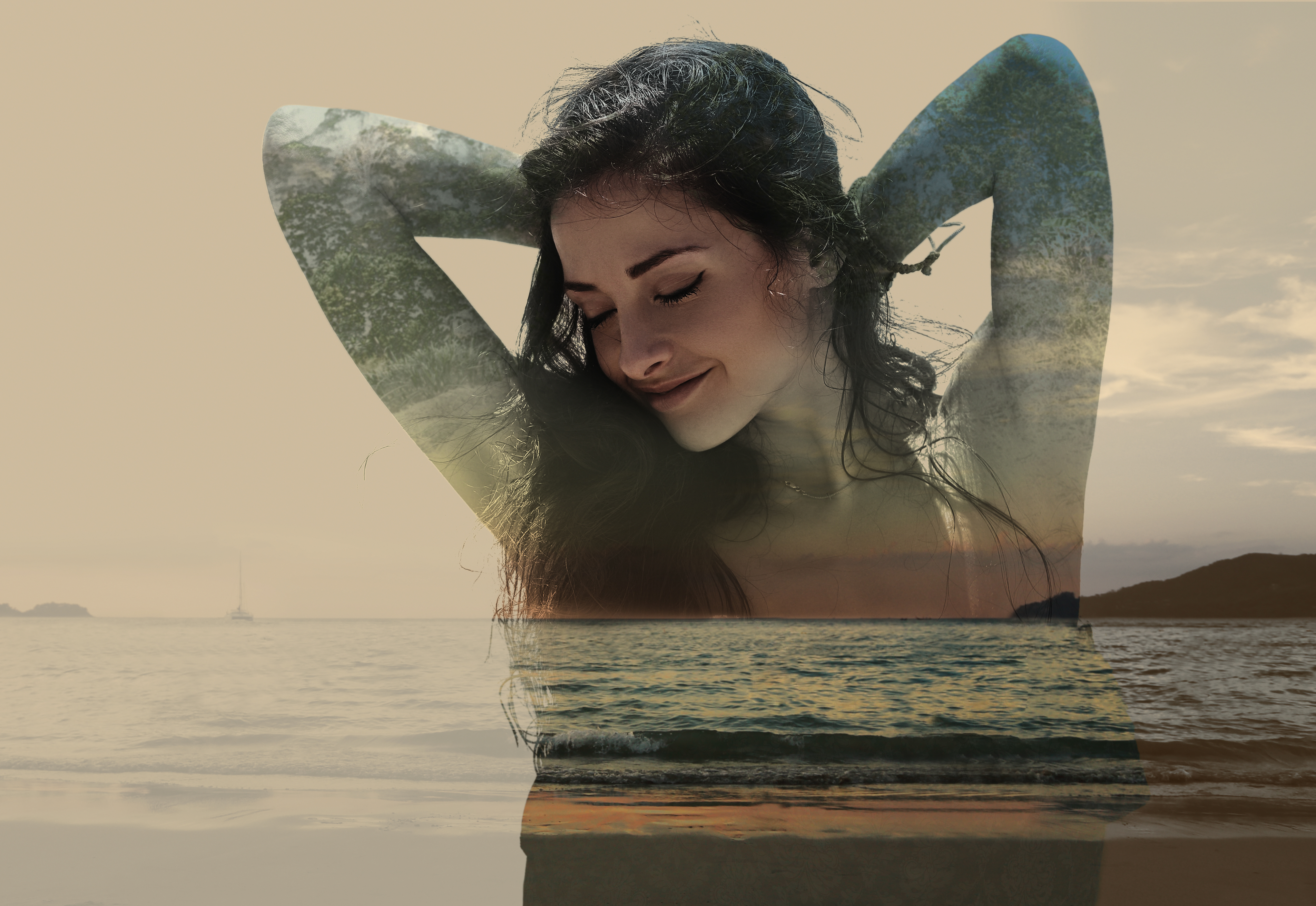
(This content is being used for illustrative purposes only; any person depicted in the content is a model)
Author: Justin Mckibben
Thanks to Facebook, we know how to ‘LIKE’ stuff a whole lot these days. We ‘like’ pictures and videos, blogs and articles, even relationship statuses. Social media has totally changed the ‘like’ game! But that’s not the kind of liking we are talking about here. Not specifically anyway. With the way our senses are wired to seek pleasure we forget the difference between healthy and hazardous stimulation. This should be a no-brainer in relation to addiction. Many of us believe that we drink or use drugs essentially because we like the effect of substances. While there are surely other elements of our mental and emotional lives that contribute to our addiction, we cannot deny it begins often as a means to get something we want.
One idea describes a discernment between liking something and wanting it. Drawing from this logic, I thought it would be cool to relate it to addiction, alcoholism and just experience in life of sobriety.
Two of a Kind
This idea on ‘liking VS wanting’ comes from a 2007 paper in the journal Psychopharmacology. Here the author breaks down the idea of two kinds of pleasure.
-
Liking
Liking is how we usually think of pleasure. That is to say, we relate it to a state of happiness or satisfaction. Think of the kind of genuine gratification you experience after a good meal, or some cold water when you’re overheated and dehydrated. This is the kind of pleasure defined as liking.
We would think of liking as the kind of pleasure that comes from something like falling in love. It is characterized with feelings like:
- Contentment
- Relaxation
- Safety
This is a powerful pleasure felt at an intrinsic level of fulfillment.
-
Wanting
This second kind of pleasure comes from the chase. In this context, wanting is probably comparable to lusting or yearning after something. This pursuit is coupled with feelings like:
- Excitement
- Anticipation
- Seduction
- Empowerment
This wanting pleasure is the thrill of the chase and the burning of desire. Wanting is the kind of impulse that motivates us to do senseless things. Even when we know it to be injurious, we fixate on the pleasure we get from wanting and do it anyway.
I feel like every person reading this can relate to this. To some extent or another we have all been there.
Wanting and Addiction
The most obvious example of wanting is drug use. The feeling of wanting is strongly connected to the brain’s dopamine system. Chasing the feeling of wanting through substances can intensify from an occasional means of quick-fix satisfaction to an irresistibly compulsive addiction. This typically happens when we rely on feelings of wanting instead of liking for extended periods of time to meet our needs.
How long it takes wanting to transform into ‘craving’ depends on the combination of predisposition to addiction and experience with drug use.
Once habitual reliance on drugs or alcohol creates an overwhelming craving, the wanting feeling wins even if someone feels sick or if using costs them their health and relationships.
This same kind of dopamine response is also relative to other compulsive behaviors such as:
- Gambling
- Binge eating
- Sexual addiction
So even when you know you’re not making a wise or healthy choice the wanting can be undeniably strong after relying on it for long enough.
Liking Your Life
The battle between liking and wanting is very real when it comes to the pursuit of happiness. Especially when you think of it as actual happiness versus the pursuit of something you think will make you happy. When you focus on your ‘wanting’ you are chasing things that aren’t necessarily sustainable.
Liking and wanting can be compared to that ‘grass is greener’ ideology. Actually liking your life is savoring the moments and the experiences. True happiness and real gratitude are powerful expressions many addicts and alcoholics find as rewards in sobriety. We learn not to want as much and to enjoy more. This is better than living in a constant state of wanting. It reminds me of when addicts say we have the disease of ‘more,’ meaning we are always chasing the next high instead of living in the true happiness that is already here.
In the future, challenge yourself to find a state of liking where you are and who you are. It’s OK to be ambitious, but don’t let your drive for the next moment make this one right now seem insignificant. Addiction has a way of numbing you to the beautiful things you have now to make you crave things you think will make you feel better. Substance abuse and addiction are more powerful and insidious than most people know, but there is help. Learning to like the life you live is part of the process that leads to strong and lasting recovery.